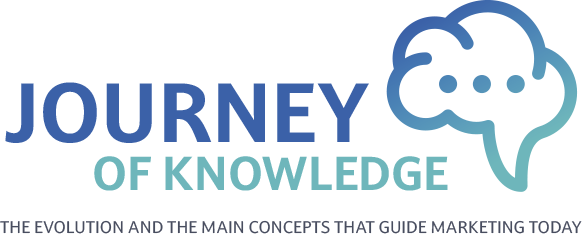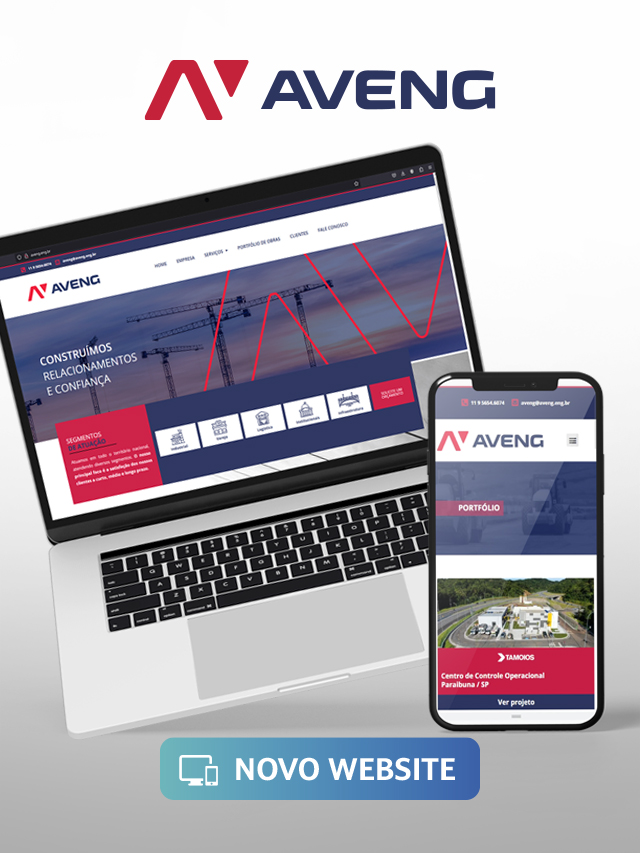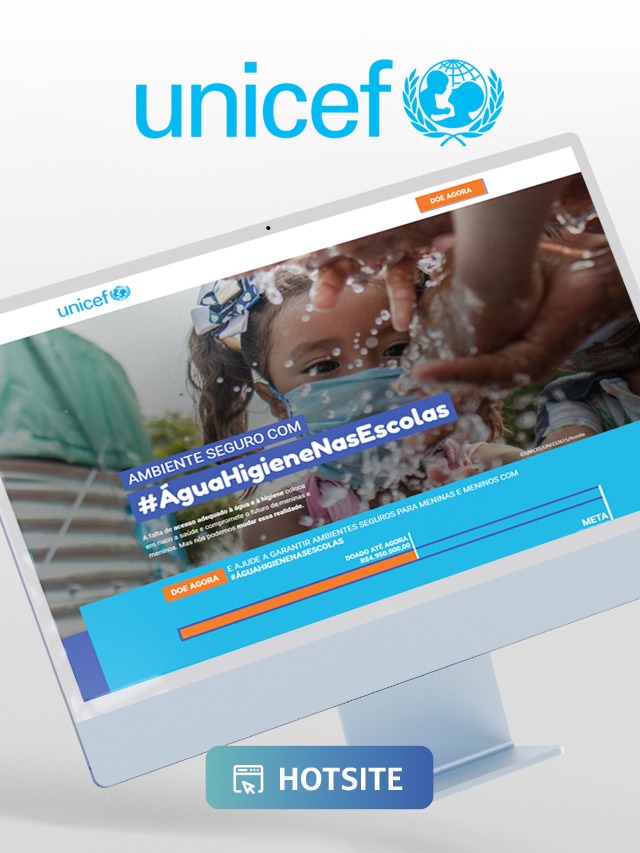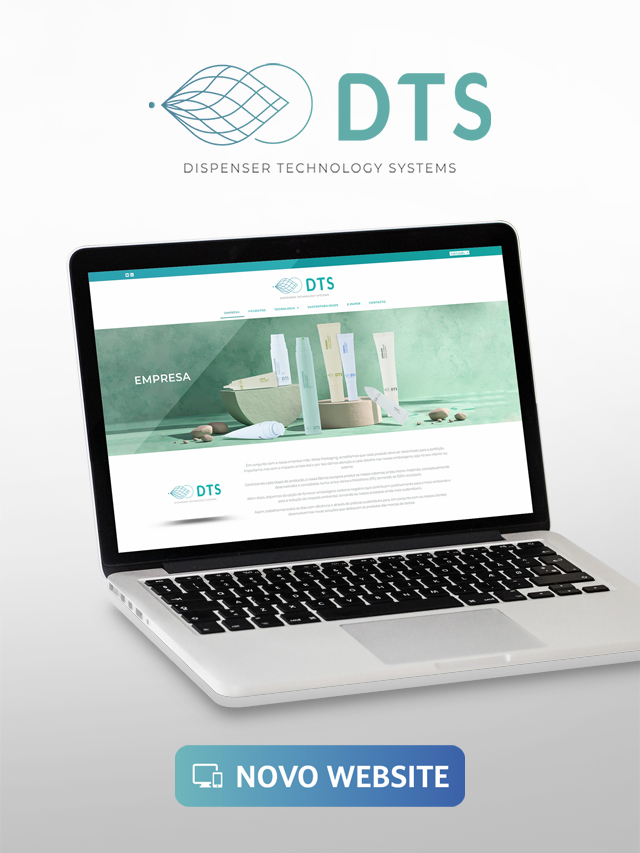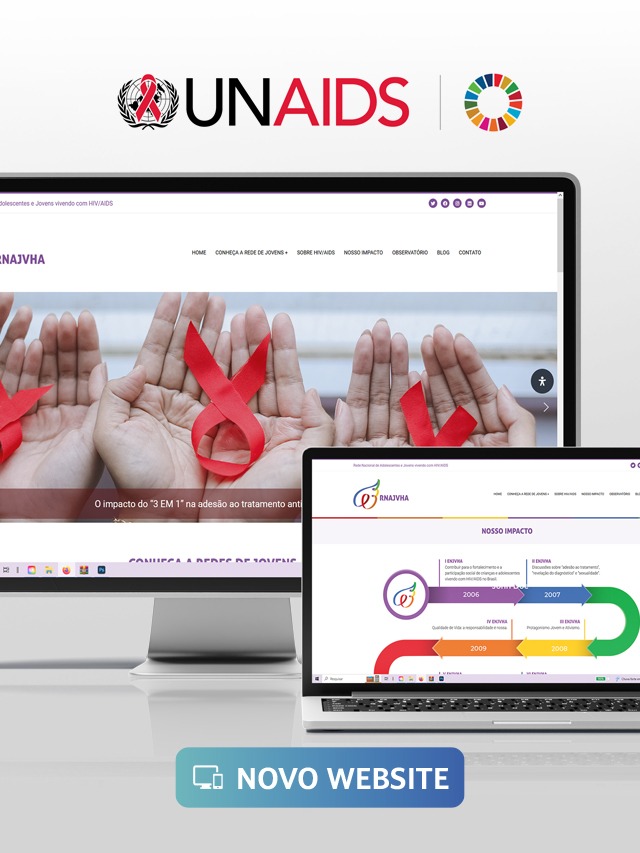It's not surprising to say that artificial intelligence (AI) is rapidly transforming the way people perform a wide variety of tasks – from searching for information and checking code for errors to creating original art. Now, AI is about to revolutionize the way Microsoft 365 users use their favorite products.
On March 16, Microsoft announced the development of its own version of high-performance chatbots similar to OpenAI's ChatGPT – Microsoft 365 Copilot. Copilot is currently in the development phase with a select group of test users and will soon be available to everyone else.
But what does this mean for the future of Microsoft 365 and the role of AI? What new features can users of this popular toolset look forward to? Let's explore in detail what you're eager to know.
What is Microsoft 365 Copilot?
Copilot is an advanced assistant integrated with AI programs built on top of OpenAI's GPT4. It combines the power of AI with critical business data to optimize the functionality of core Microsoft 365 elements like Word, PowerPoint, Excel, Teams, and more.
Old Microsoft Word users probably remember the famous Clippy – the little animated paper clip that used to offer help with documents. Copilot was designed to serve a similar purpose, but with much more advanced features.
Depending on the product used, Copilot will perform a variety of tasks. For example, in Word, it can edit text, make suggestions, and generate text on demand. In PowerPoint, Copilot can help translate written or spoken commands into visual or organizational elements for presentations.
Furthermore, Copilot will be able to take notes, transcribe meetings, compose emails and manage various other tasks. This will be a big change for both Microsoft and the core nature of Microsoft 365, especially as AI is becoming more and more pervasive in the way people manage their workflow.
When will Copilot be available to all users?
Currently, the Copilot test group is very limited, with no more than twenty people. Rollout to other users will begin once testing is complete. For now, there is no precise date for this launch, but Microsoft has stated that it will take place in the coming months.
No information is available regarding fees, licensing or other details related to the Copilot finished product. However, Microsoft has assured users that this information will be released soon.
What else should we know about Copilot?
If you're intrigued and want to learn more about how Copilot will bring big changes to Microsoft 365 users, here are a few details that caught our eye (and we think you will too).
Interaction in natural language: If you've tried OpenAI's ChatGPT before, you know how intuitive it is. While not perfect, the program is remarkably adept at responding and interacting in a very human-like manner, making it user-friendly and easy to use. That's why Bing has already integrated it into its latest feature, Bing Chat. As part of Microsoft 365 products, Copilot will make it easy and natural for you to get things done, just order what you want and let Copilot take care of the rest.
Enhanced Creativity: Generative AI technology has its limitations and does not replace real human beings. However, it can help creators jumpstart their creativity, turn ideas into reality, overcome creative blocks, and much more. In other words, Copilot can provide a starting point and help keep you going through difficult times. By analyzing trends, organizing data (including from meetings and brainstorming sessions) and professionalizing tasks, Copilot helps users improve their productivity.
Greater productivity: For years, Microsoft's Office tools have set the bar high as productivity software, making Microsoft 365 a must-have for businesses, teams, freelancers, and creators. Copilot promises to make the Microsoft 365 toolset even more useful by offering unparalleled access to the vast cache of information, insights, and data already available. The vast majority of professionals using the GitHub version of Copilot reported increased productivity, greater focus, and greater overall job satisfaction.
Copilot also offers insight into how ChatGPT and similar technologies are likely to be used in the future as productivity tools and helpful virtual assistants rather than autonomous chatbots. This will almost certainly change the way people everywhere use, work and think about AI.




